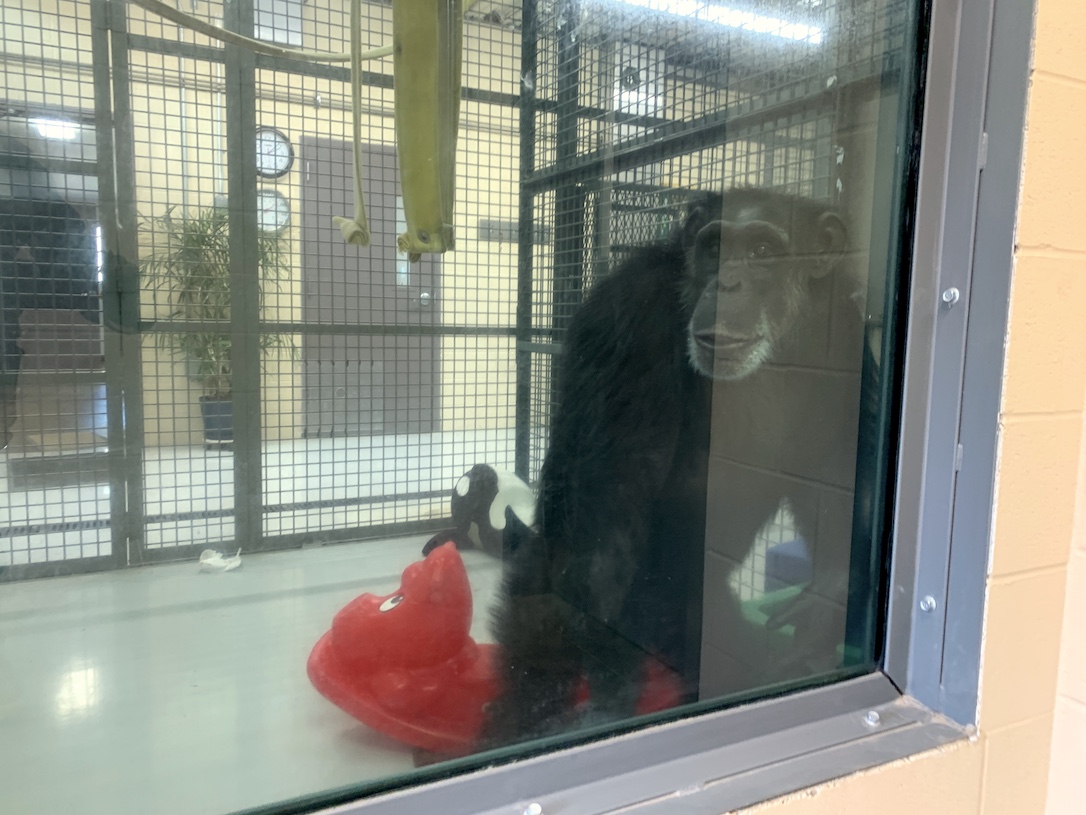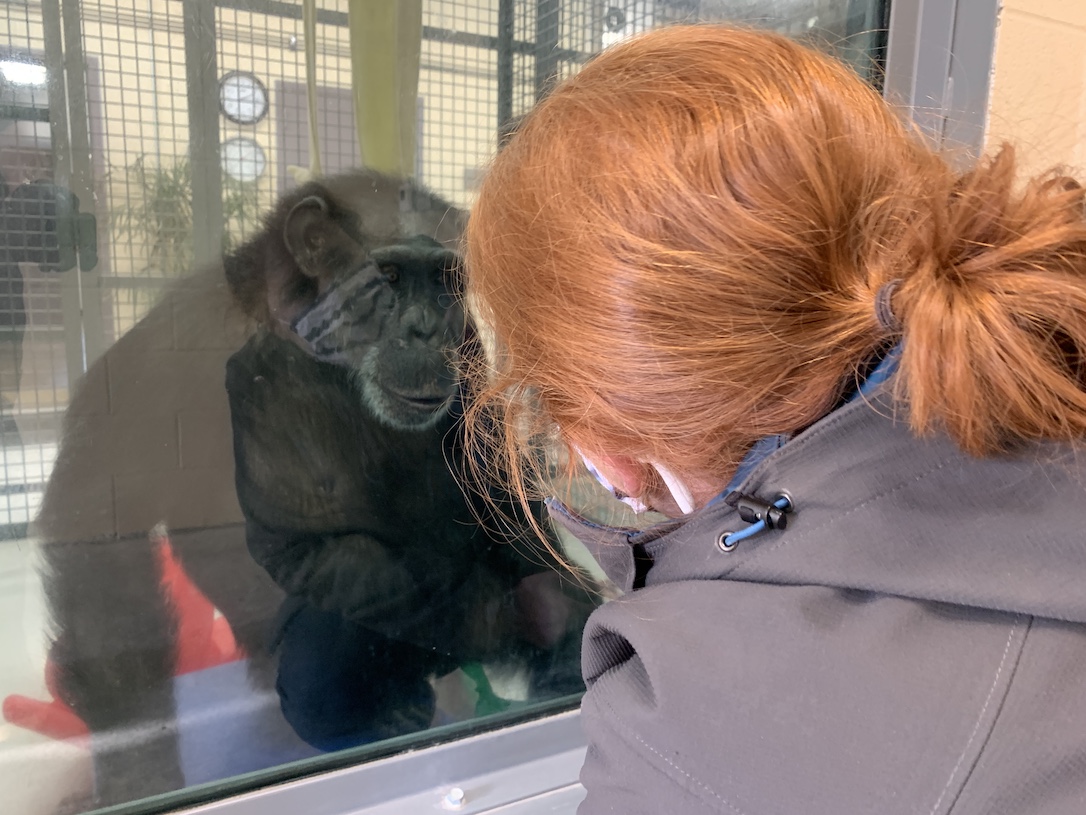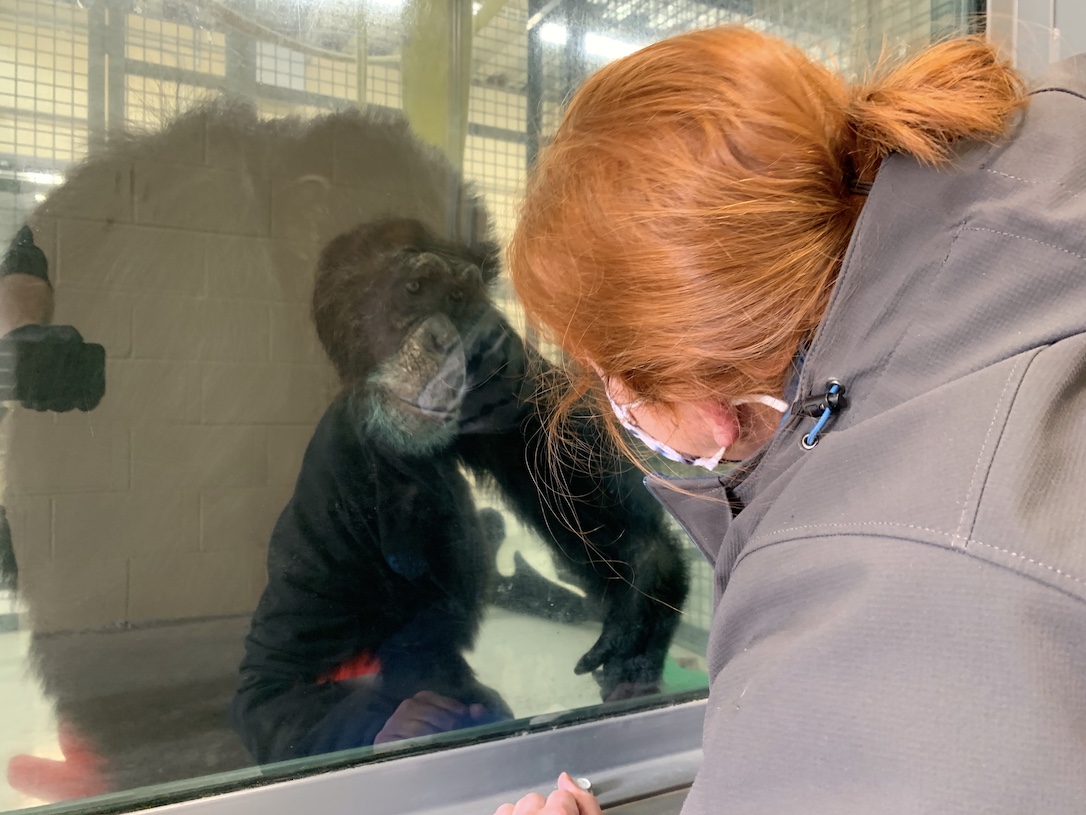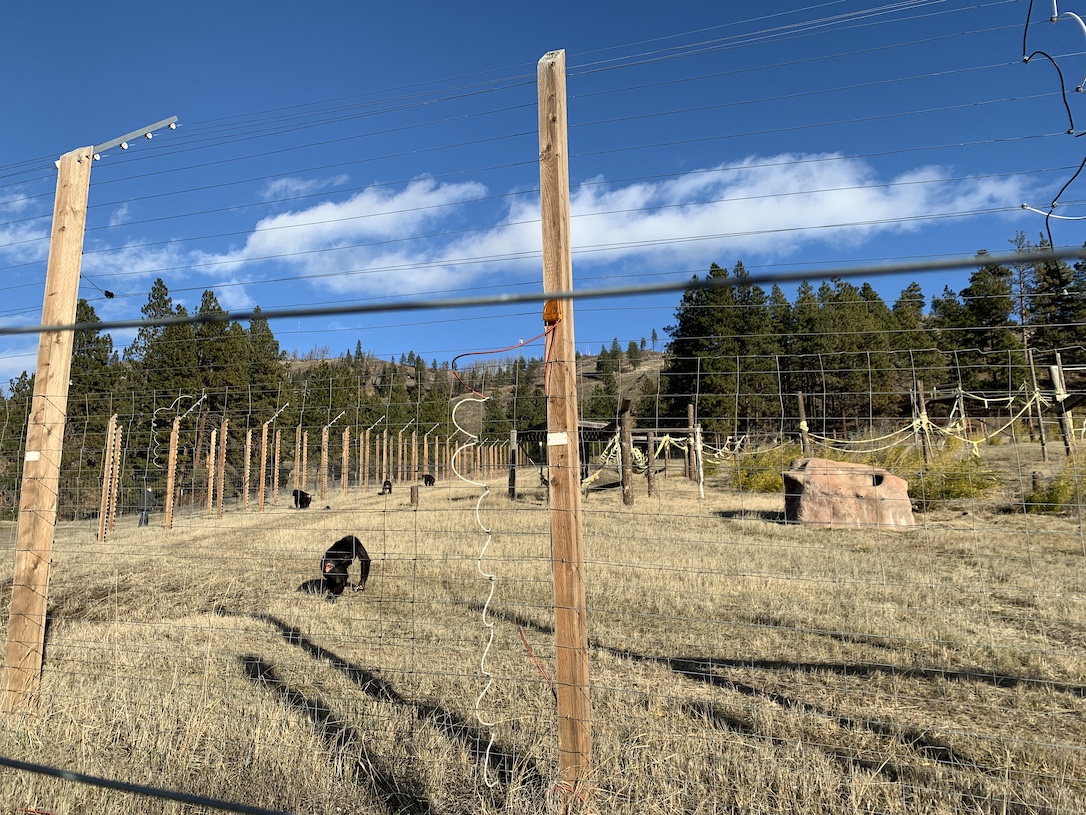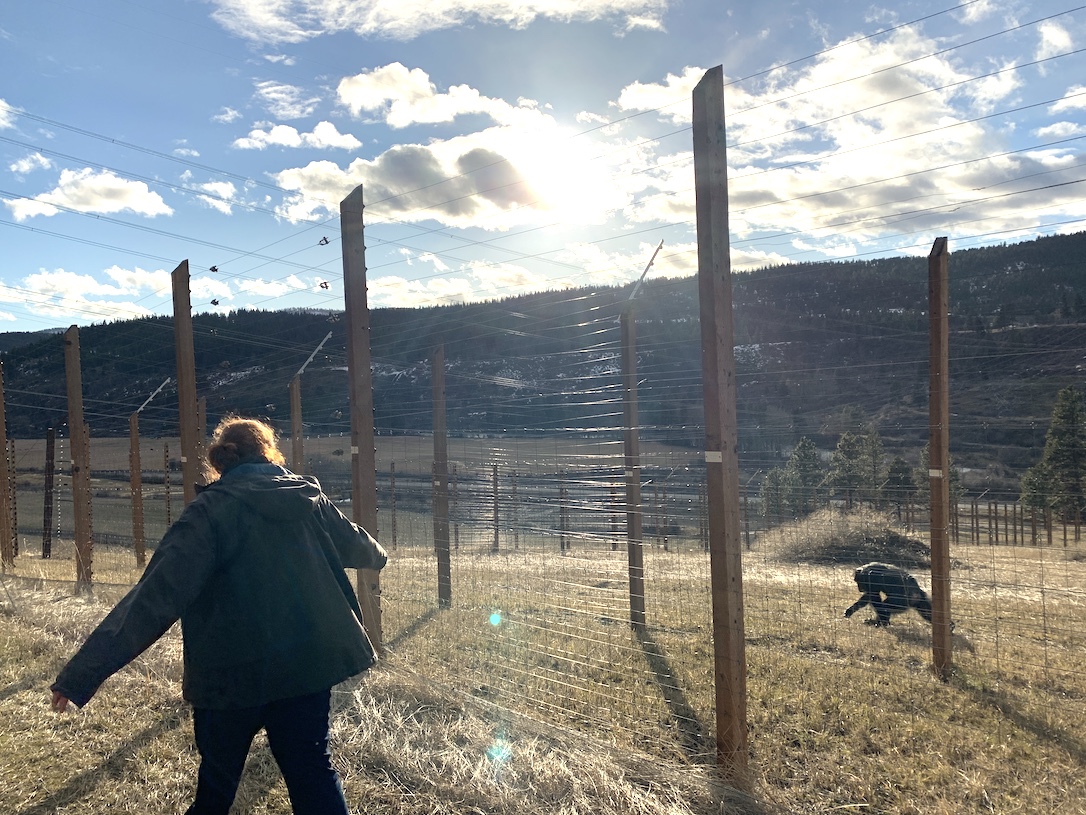You’ve probably heard by now that several members of a gorilla troop at the San Diego Zoo began exhibiting respiratory symptoms and later tested positive for the coronavirus that causes COVID-19. This is a moment that we’ve all been fearing, and to a large extent expecting, since the pandemic began. From what we know, the gorillas’ symptoms are still mild and zoo officials are hopeful that they will fully recover. But there’s so much we still don’t know about the pathogenicity of SARS-CoV-2 in nonhuman apes.
The coronavirus isn’t the first airborne pathogen transmitted by humans to threaten the health of captive apes. Historically, one of the greatest concerns for captive ape populations has been tuberculosis, which is why most facilities, including CSNW, require staff and volunteers to be tested at least annually and avoid the sanctuary when exhibiting any new respiratory symptoms. But in rare cases, even something as seemingly innocuous as the common cold can have devastating effects on other apes, as we saw in the death of an otherwise healthy chimpanzee at the Lincoln Park Zoo in 2009. Incidents like this, and the lingering unknowns surrounding COVID in great apes, have led most institutions to further strengthen the precautions they take to protect the apes in their care. In the case of the gorillas at the San Diego Zoo, there’s nothing at all to suggest that a lack of adequate precautions contributed to the transmission. But it’s a stark reminder that we cannot let our guard down too soon.
Like our colleagues, we’re still doing what we can to protect the chimps from COVID based on the best information available. We wear masks at all times and don scrubs, gloves, and boots when around the chimps and when cleaning their enclosures or handling food and enrichment. We take the chimps’ temperatures as well as our own each morning. We’ve invested in several commercial air scrubbers, which have been shown to help filter the air of large airborne particles that may contain the virus. And we rely on a mix of natural ventilation via open doors and windows and our industrial ventilation systems to maintain fresh air in the building. We’re always thinking about what more we could do but there’s just no way to isolate captive apes from their human caregivers entirely.
One of the most difficult changes we had to make as a result of the pandemic, both for the staff and the chimps, was suspending our intern and volunteer program. Only two volunteers, Patti and Lisa, were able to meet our strict criteria for COVID precautions in their lives outside of the sanctuary, and we and the chimps are incredibly lucky to have them. But the chimps are missing many of their other friends.
Thankfully, spring-like weather has made socially distanced walks around the hill possible all winter long for our other local volunteer caregivers. And now, with our new building, we have several locations where the chimps’ friends can visit with them through glass without sharing the same air space. Long-time staff member turned volunteer, Elizabeth, came by this afternoon to see her chimp friends. Everyone was so excited to see her – Burrito even did his happy dance.
As COVID continues to challenge us all, we’re thankful for bright moments like these.
